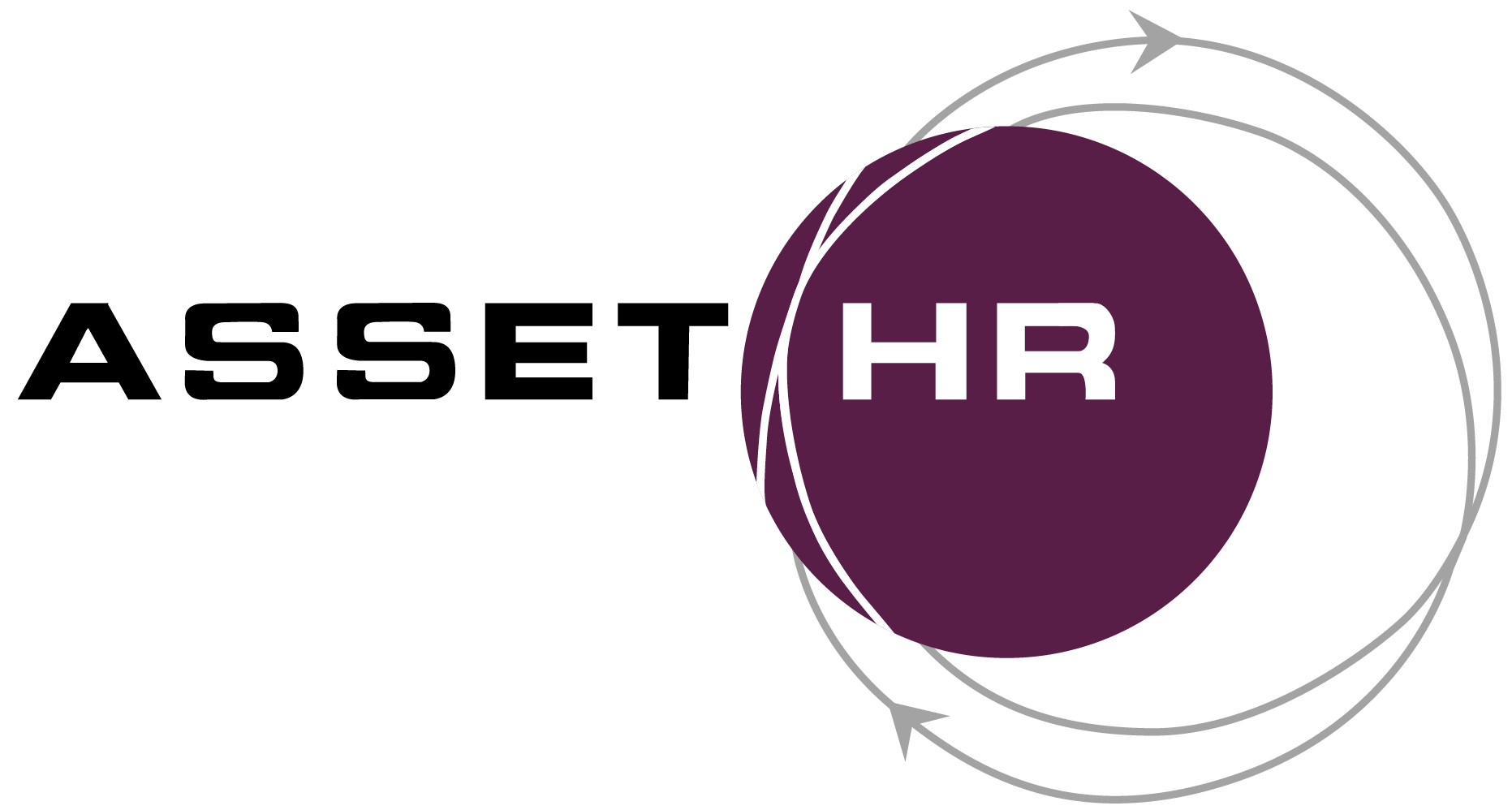Fraudulent Unemployment Claims Are On The Rise – How Asset HR Can Help Your Employees Protect Themselves

Imagine submitting an application for unemployment benefits, but you are promptly denied because you are already receiving them. Alternatively, you receive a notification from your state’s unemployment department notifying you that you have applied for benefits when you are still gainfully employed. It sounds like a horrifying fever dream, only it is happening to thousands of Americans across the country as international crime rings exploit an outdated and increasingly overwhelmed system. Unemployment departments across the country are contending with millions of applications to review, overworked government officials, old computer systems, and efforts to get out-of-work Americans the aid they need on time.
Fraud claims are so severe in Washington that state officials have temporarily suspended their unemployment program after unveiling $1.6 million in fraud. A Secret Service memo suggested that Washington was a particular target because of its generous benefits. Security journalist Brian Krebs reported that bank investigators believe a well-organized Nigerian fraud ring are the culprits. Regardless, other states are being targeted including Florida, Massachusetts, North Carolina, Oklahoma, Rhode Island, Wyoming, and even Minnesota.
According to Minnesota’s unemployment department, over 5,000 fraudulent unemployment claims were filed in June alone. A spokesman for Minnesota DEED said, “We’ve seen an uptick in activity as bad actors try to take advantage of expanded benefits available under the CARES Act.” The state unemployment department claims they have caught 95% of fraudulent attempts – even before people reported it.
Fraudsters arm themselves with a wealth of personal information that enables them to navigate benefits systems and evade detection. On the flip side, victims of unemployment theft are now facing a red tape nightmare. With state offices lagging behind processing applications, victims are encountering difficulties getting in touch with their agency to request an investigation into an ID theft incident.
There is not a clear path for Americans to combat unemployment ID theft, or to recover from it. Filing for unemployment benefits doesn’t trigger a credit check, meaning requesting a credit freeze will not stop it and credit monitoring won’t alert victims. In addition, there is no way for victims to check if their personal information was used to apply for government benefits or credentials. Instead, victims must go through the painstaking and time-consuming task of contacting each agency to work through the issue.
Recovering from identity theft like this can cause financial setbacks for your employees that take years to resolve. As a complimentary service to you, our team at AssetHR offers a free seminar with a cyber crime expert to highlight the 6 things most people can do to protect themselves from identity theft. We also cover what to do if your identity is stolen.
If you’d like to learn more about how we can bring this free seminar to your employees as a lunch and learn or a digital event, please connect with Chris Kelly directly:
952-746-9508
